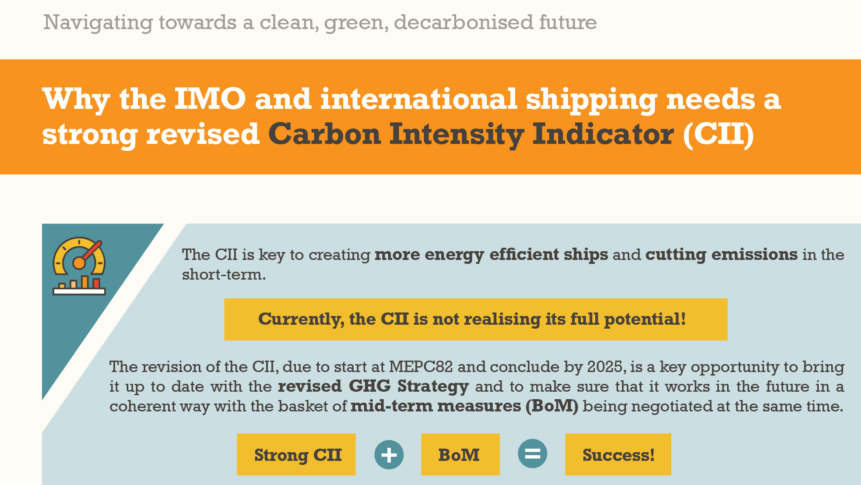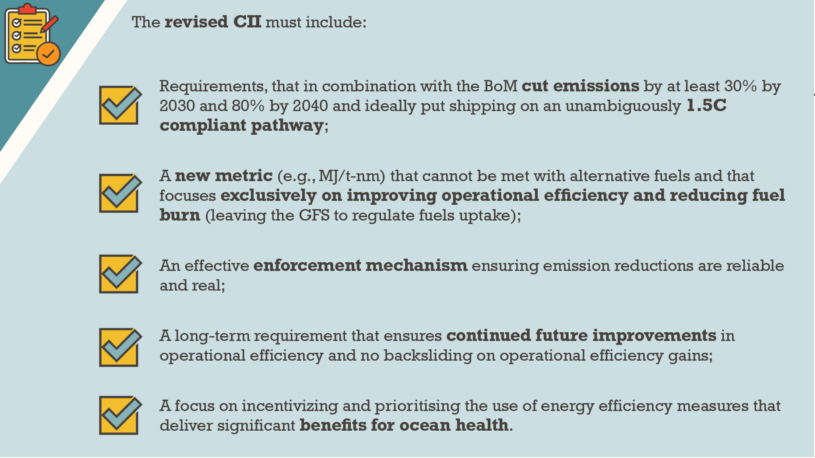IMO stifles plastics debate, ignores 80,000-signature petition calling for action in wake of single largest plastic pellet spill in history

LONDON: The International Maritime Organisation (IMO), a UN body that regulates global shipping, showed a “callous disregard” for plastic pollution in our oceans caused by vessels, stifled debate on the issue and ignored a now 80,000-signature petition demanding action gathered by the London-based Environmental Investigation Agency (EIA).
The Sri Lankan Government, EIA and other NGOs were calling for toxic plastic pellets, often the cargo in ships travelling international waters, to be classified as hazardous materials following the world’s single largest toxic plastic pollution spill.
On 20 May 2021, the Singapore-flagged cargo ship X-Press Pearl spilt 1,680 tonnes of plastic pellets, 9,700 tonnes of other plastics and toxic pollutants nine miles off the Sri Lankan coast. With plastic accumulating on beaches up to two meters high, it is the worst marine environmental disaster the country has faced and the clean-up is still ongoing
The IMO’s Marine Environment Protection Committee (MEPC), chaired by Japanese civil servant Hideaki Saito, met in London yesterday (25 November) but allowed the delegate from Sri Lanka, Dharshani Lahandapura, just two short minutes to address fellow delegates on her country’s concerns and the demands for an urgent and tangible response on how the IMO plans to address future shipping disasters of this nature, before she was abruptly cut off.
Representatives of EIA who were also present at the meeting were not given an opportunity to speak.
EIA Deputy Ocean Campaign Leader, Christina Dixon, who was at the meeting, said: “The attitude of the Committee members was extraordinary and showed a callous disregard for plastic pollution from ships as a threat to coastal communities, ecosystems and food security. This is simply unacceptable and what’s worse is that those countries which bear the most severe impact of it are not being heard.”
Hemantha Withanage, Executive Director of the Centre for Environmental Justice, Sri Lanka, said: “It is highly disappointing that the committee didn’t have time to properly discuss the Sri Lankan submission on the urgent proposal to classify toxic plastic pellets as hazardous or to consider regulations on better labelling, containment and handling of pellets on ships and also to address emergency responses when disasters occur.”
Lucy Gilliam, Senior Shipping Policy Officer at Seas at Risk, Belgium said: “MEPC77 is about more than just climate. What we have seen here this week is dangerous delays to almost every item on the agenda. After 2 years of deferrals, the topic of plastic pollution from shipping was given barely an hour for discussions with every item, including the proposal to reclassify of plastic pellets, to the following year. The problem here is a systemic one.”
The London-based IMO has recognised the importance of the prevention of accidental and deliberate garbage from ships since legislation in the early 1970s and in 2018 adopted an ’Action Plan to Address Marine Plastic Litter from Ships’.
The specialist UN agency has since dragged its heels, exacerbated by the COVID-19 pandemic. It is widely recognised that plastic pollution has significant ecological, social and economic impacts, with marine plastic pollution alone costing the world economy up to $2.5 trillion a year. Plastic pellets, also known as nurdles, are a type of plastic pollution and constitute the second largest source of primary microplastic emissions into the oceans.
Pellets are found on almost every coastline ever surveyed and, with growing evidence that they act as toxic sponges eaten by a wide range of marine life, they are still currently not characterised as persistent, hazardous pollutants. Stricter classification would mean pellets are managed at sea akin to other hazardous or harmful substances, such as flammable liquids and corrosive substances.
Dixon added: “With more than two-thirds of countries now supporting a UN global treaty on plastic pollution, it is staggering that a UN agency such as the IMO can set aside less than 60 minutes to discuss practical proposals on how ships and fishing vessels can reduce their contribution to the plastic problem in our oceans.”
The petition can be viewed at Change.org.


